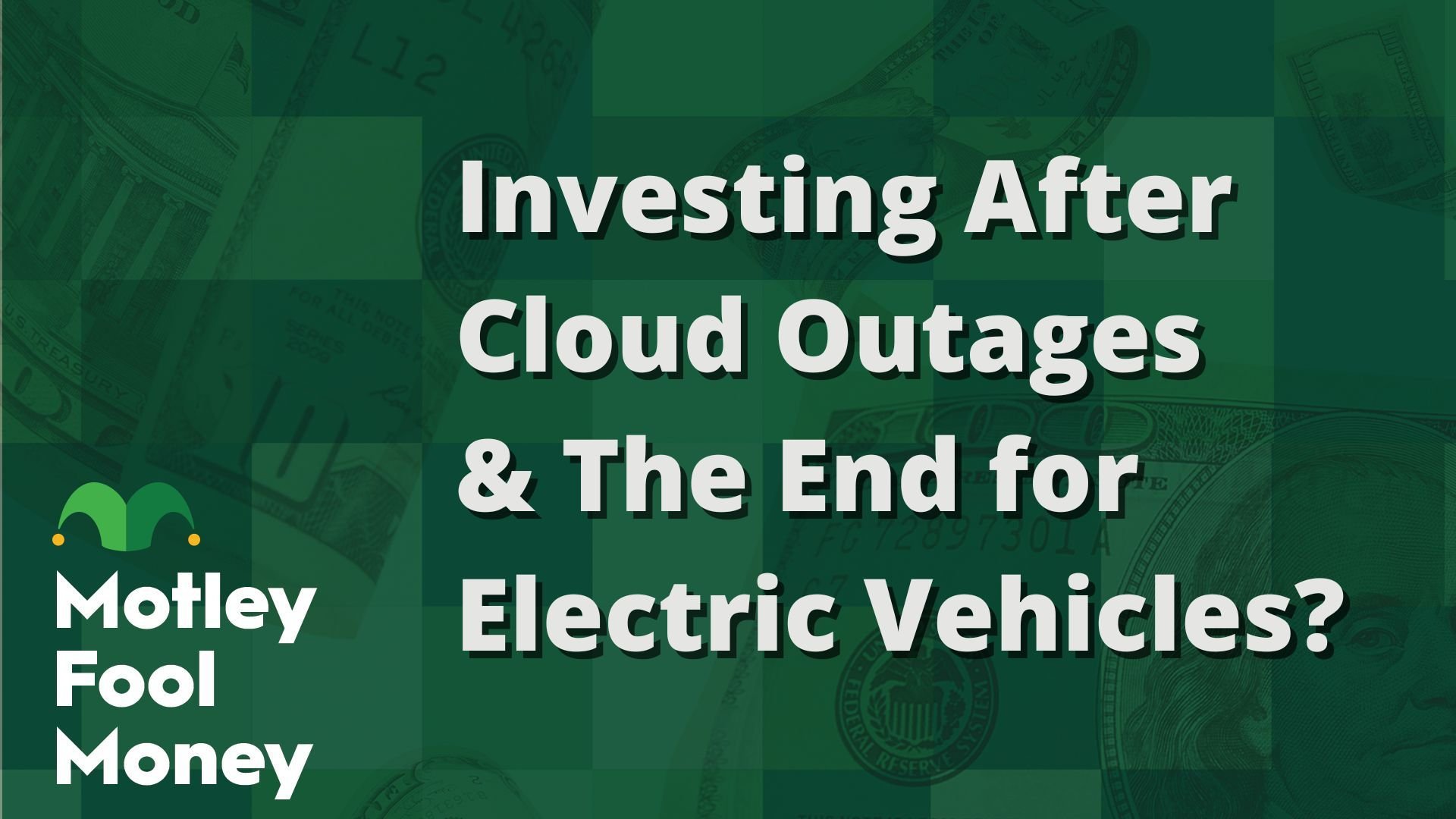
Source: Young Productions
For value investing disciples around the world, the annual release of the Berkshire Hathaway (NYSE: BRK-A) (NYSE: BRK-B) Letter to Shareholders is an interesting mix of fanaticism, jubilation, conversation, and conjecture.
For those of us who just can't get enough, here are three reads you probably haven't seen that are interesting and uniquely insightful into the Oracle of Omaha's mind. Enjoy!
Is Berkshire a leveraged S&P 500 play?
From the very high quality value investing blog The Brooklyn Investor, this long read is an interesting deep dive into the DNA of Berkshire itself, rather than the companies it owns.
For example, Berkshire over time has purchased all of GEICO and all of Burlington Northern. Does it make a difference if Berkshire owned the stock (and was included in the equity portfolio) or it owned the whole thing as consolidated subs (and therefore not included in the equity portfolio)? It really shouldn't matter. Ignoring for the moment other factors (like the advantage of owning the whole company versus the stock), it only makes a difference in that GEICO and Burlington (and others) are not marked to market, so in strong markets the added value (or increased valuation) would not show up on the balance sheet like the publicly traded stocks do.
Does that mean the value is not there? Of course not.
So how should we look at BRK as a whole from the above, "leveraged stock market return" point of view? Maybe we can include the book value of the non-insurance businesses as "equity".
The Railroads, Utilities and Energy segment has total shareholders' equity invested of $84 billion, the Manufacturing, Services and Retailing segment has $54 billion in shareholders' equity. The Finance and Financial Products segment has $7 billion.
So, that's $84 + $54 + 7 billion for a total of $145 billion. The equity portfolio is $115 billion. The "other" is $12 billion (Bank of America and other preferreds and warrants etc...) and the investment in Heinz is $12 billion (even if some is not equity, it's equity-like), for a total of $139 billion in equities.
Putting the two together, you get $284 billion of what is more or less stocks or "stock-like". Against $222 billion in BRK shareholders' equity, that's a stock-like leverage of 1.3x, not that different from the 1990's.
The "dire" warning in this year's letter
One of most notable business moves in 2013 was the sale of The Washington Post to Amazon.com's (AMZN 1.73%) Jeff Bezos. Buffett had been an investor in The Post since the 1970s, a long span of time that included plenty of communication between Buffett and management at The Post.
Sequoia Capital Chairman Michael Moritz points to one of these communications Buffett mentions in this years letter. According to Moritz, a brilliant investor in his own right, Buffett's letter to The Post in 1975 and its inclusion this year sounds a warning to the American public:
If there's one message to heed in Buffett's epistle to his followers, it's his dire warning about the condition of public, rather than corporate, pension plans across the United States.
It is hard to overstate the size of the public pension issue -- a problem that will pose a much bigger challenge to the country than the housing collapse of 2008 or the meltdown of the stock market in 2000 and 2001. It will impede growth, it will cause a cutback in vital services and it means that most people in America will never improve their real standard of living. If young people understood the implications and scale of the promises made by others that they will now be forced to meet, they would be erecting barricades. It makes you wonder why nobody is listening to Buffett.

Source: Images Money
By the way, why does everyone listen to Buffett? There are plenty of super successful investors!
While not directly related to the Berkshire letter last weekend, this read from The Motley Fool's Morgan Housel does an excellent job explaining why Buffett has such a massive following in the investment community, while others do not. Bottom line -- investing is a winnable game, as long as you play with the right strategy and toolbox.
Buffett made this point decades ago in a speech called, "The Superinvestors of Graham and Doddsville." Say we set up a national coin-flipping contest. By sheer chance, more than 200 people in the country will correctly call 20 coin flips in a row. Even if the coin flips were done by orangutans, Buffett pointed out, this is what you'd expect.
But what if you found out that of those 200 successful orangutan coin-flippers, half came from the same zoo in Nebraska? Then you'd realize what was going on was more than random chance.








